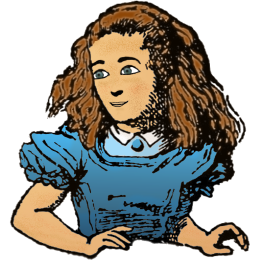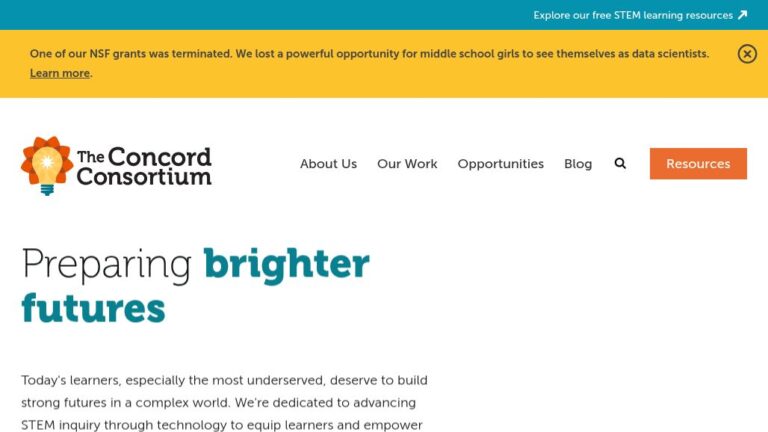Bob Tinker, founder of the Concord Consortium, has pioneered the use of remote sensing devices, linked to computers, and hands-on physics experiments. (Activities for both these approaches are available from Concord as well as TERC, where Bob prototyped these projects.). Now he and his colleagues have turned their attention to the use of handheld computers to which sensors could be attached for real-time investigation and data collection. In keeping with other new technology dialog among participants will be encouraged too. The goal of one laptop to one student will produce ubiquitous computing. Will the cost be justified?
The convergence of these powerful technologies will allow students to become authentic scientists and collaborate with their peers and established scientists.This work is a wonderful exemplar of the judicious use of technology as a tool to promote motivation and understanding by synergizing real and virtual worlds, heretofore the province of universities.
The Concord Consortium is designing a virtual high school in parallel with these other projects. Your students may be able to collaborate directly in these studies online or replicate the experience in your district.
The Concord Consortium offers virtual high school seminars online. Its goal is not to duplicate core curriculum but provide seminars on topics that are difficult for many schools, such as those in rural areas or in financially strapped urban schools, to offer, such as AP classes. The bulk of the learning is problem-centered and, unlike one way satellite broadcasts, students can participate in online discussions and projects.
The Concord Consortium holds workshops to train teachers in developing online courseware and provides a strong support desk capability. Their current curricular goal revolves about supplementing schools whose resources cannot address a full range of student needs, such as AP courses in small rural schools.
The Concord Consortium also draws upon the experience of its staff in inter-disciplinary and telecommunications-based science curriculum, such as microcomputer-based remote sensing investigations.

